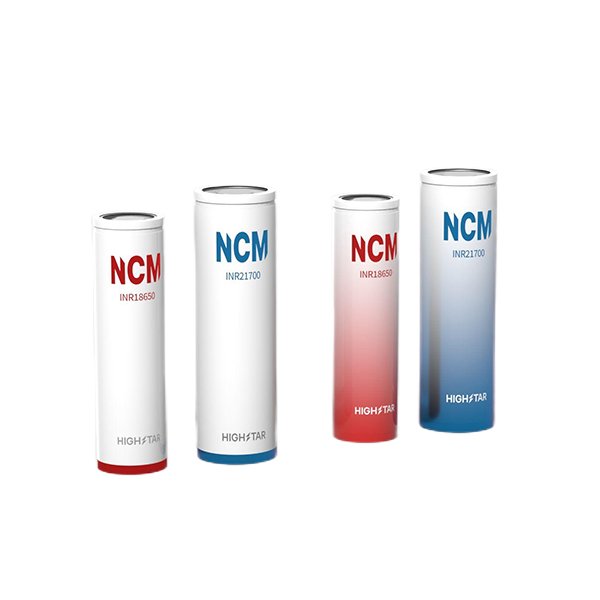In the intricate tapestry of human physiology, minerals play a pivotal role in maintaining health and facilitating recovery. Among these essential nutrients, zinc stands out as a critical player in the body’s self-repair processes. This article delves into the multifaceted roles of zinc, its mechanisms of action, and its significance in various healing contexts, providing a comprehensive overview for those seeking to understand how this mineral aids in bodily repair.
The Role of Zinc in Cellular Repair
Zinc is an essential trace mineral that is involved in numerous biological functions. It is a cofactor for over 300 enzymes, playing a crucial role in processes such as protein synthesis, DNA synthesis, and cell division. These functions are vital during the body’s repair processes, particularly after injury or illness.
- Wound Healing: Zinc is perhaps best known for its role in wound healing. It contributes to the synthesis of collagen, a protein that is fundamental for skin integrity and structure. Studies have shown that zinc deficiency can lead to delayed wound healing, as it impairs the inflammatory response and reduces the proliferation of fibroblasts, the cells responsible for collagen production.
- Immune Function: The immune system is integral to the body’s repair mechanisms. Zinc plays a crucial role in maintaining immune function by supporting the development and activation of T-lymphocytes, which are essential for adaptive immunity. A robust immune response is vital for preventing infections that can complicate healing processes.
Mechanisms of Action
Zinc exerts its effects through several mechanisms:
- Antioxidant Properties: Zinc acts as an antioxidant, helping to mitigate oxidative stress that can damage cells and tissues. By stabilizing cell membranes and reducing inflammation, zinc promotes a conducive environment for healing.
- Gene Expression: Zinc influences gene expression by acting on zinc-finger proteins, which are involved in the regulation of genes that govern cell growth and differentiation. This regulation is crucial during the repair of damaged tissues.
- Cell Signaling: Zinc is involved in various signaling pathways that modulate cellular responses to injury. For instance, it plays a role in the activation of the NF-kB pathway, which is critical for the inflammatory response and tissue repair.
Sources of Zinc
To harness the healing benefits of zinc, it is essential to include adequate dietary sources in your nutrition. Rich sources of zinc include:
- Animal Products: Red meat, poultry, and seafood (especially oysters, which are particularly high in zinc) are excellent sources.
- Plant-Based Sources: Legumes, nuts, seeds, and whole grains also provide zinc, although it is less bioavailable due to the presence of phytates that can inhibit absorption.
Zinc Supplementation: When and How?
While a balanced diet typically provides sufficient zinc, certain populations may require supplementation. Individuals with gastrointestinal disorders, vegetarians, pregnant or lactating women, and those with chronic illnesses may be at risk for zinc deficiency. However, it is crucial to approach supplementation with caution, as excessive zinc intake can lead to toxicity and interfere with the absorption of other essential minerals, such as copper.
Conclusion
Zinc is an indispensable mineral that plays a multifaceted role in the body’s repair mechanisms. From facilitating wound healing to supporting immune function and cellular signaling, its contributions are vital for maintaining health and promoting recovery. Understanding the importance of zinc can empower individuals to make informed dietary choices that enhance their body’s ability to repair itself. As research continues to unveil the complexities of zinc’s role in health, it remains clear that this mineral is indeed an unsung hero in the realm of healing.






